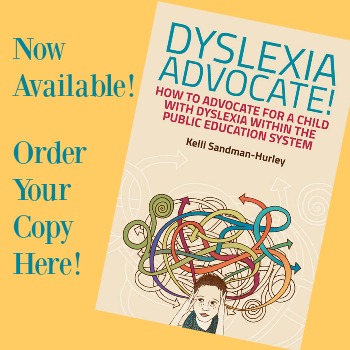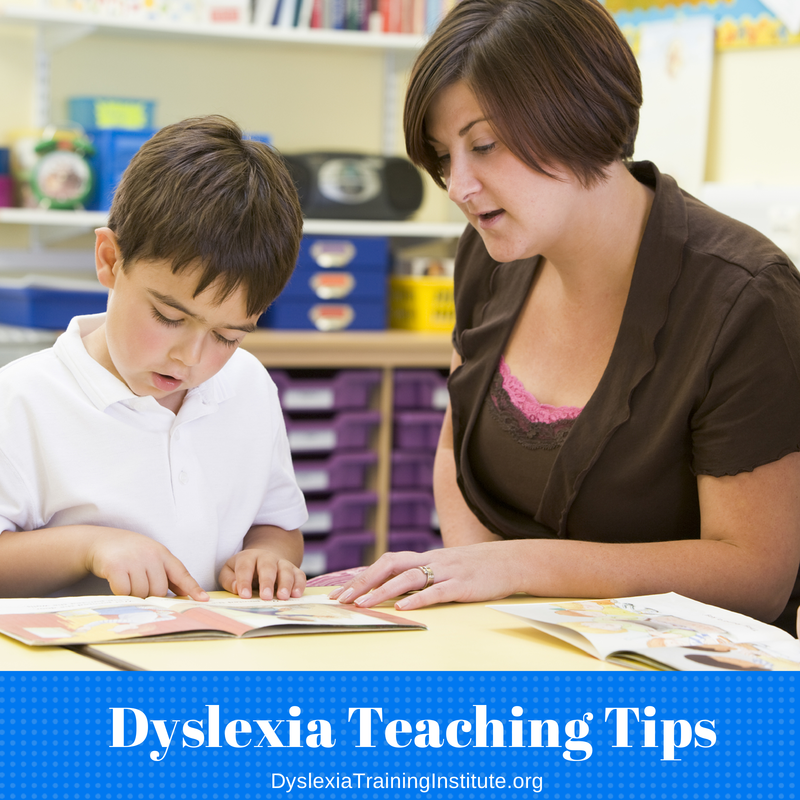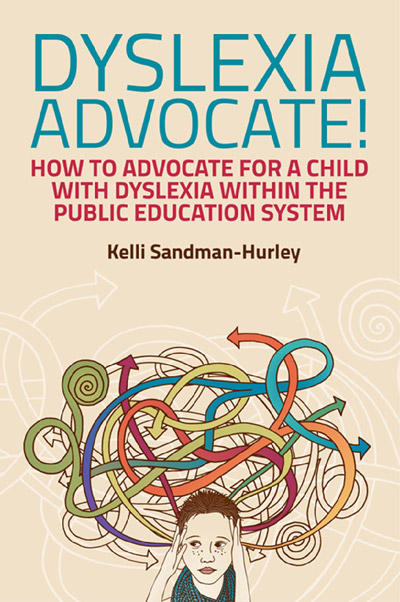Lately, it seems like I have heard the term ‘reluctant reader’ more than usual. Maybe I am just listening more carefully, but every time I hear it, I am struck by the carelessness of the speaker using the term. Unfortunately (or fortunately), people who use that term are revealing much more about themselves than they are about the student they are labeling.
Let me make my point by taking the time to understand the word, reluctant. So let’s start with a trip to the etymology dictionary (www.etymonline.com):
reluctant (adj.)
“unwilling,” 1660s, from Latin reluctantem (nominative reluctans), present participle of reluctari “to struggle against, resist, make opposition,” from re- “against” (see re-) + luctari “to struggle, wrestle”
Now let’s head to a dictionary:
reluctance | rəˈləktəns | noun unwillingness or disinclination to do something: she sensed his reluctance to continue.
Are you starting to see a pattern? Well, let’s keep going and take a look at what reluctant means in context – because context always matters. In order to do that we have to look at how the word in used in real world sentences. To find examples, I went to a linguistic corpora, which is a database that has thousands of blogs, books, articles, books, etc. archived so anyone can do a search for a word string to see how it is actually used in English and how often it is used. I searched for reluctant and then reluctant reader. Here are some real-world examples:
- Normally, the press is reluctant to rummage into the private lives of public servants…
- The authorities are either reluctant or unable to bring the perpetrators to justice…
- Sometimes the men need help as well. When they do, people are very reluctant to come to their aid and do not hesitate to make fun of them for…
There were literally thousands of sentences with the same connotation of unwillingness or making a choice. Then I searched for reluctant reader and what I found was that the phrase is used to describe a reader who seems to be choosing not to read.
- I feel it’s a great selection to help coax a reluctant reader into having a greater interested in the world of books.
- In fact, one senior remedial student, who was at best a reluctant reader and resisted most of my efforts to get him to read.
- I feel it’s a great selection to help coax a reluctant reader into having a greater interest in the world of books.

Reluctance is a choice. If we are reluctant, we are either choosing to do something cautiously or we are just unwilling to do it. We might be reluctant because what we are being asked to do is hard, but the word carries the connotation that we are capable of the action we are reluctant to do.
Can someone be a reluctant reader? Sure. People might genuinely not enjoy reading so they choose not to read, but they can read. This is not the same as the student who cannot read and is not reluctant, but they are instead unable or are still learning. People with dyslexia are not choosing for reading to be difficult. They aren’t reluctant to read. When we label the latter student as reluctant, we are revealing our bias against that student – we are blaming them.
The worst part of using the term ‘reluctant reader’ is that the speaker is insinuating that the student is choosing not to read, and it is therefore the fault of the student. It removes the onus from those who should be teaching them to read and spell – it’s shifting the blame to the victim.
Frankly, I am reluctant to shift that blame and I believe we have a reluctant education system, not reluctant readers. Dyslexia is not a choice and those with dyslexia are not reluctant to read, they are waiting for the world to be less reluctant to understand them.



